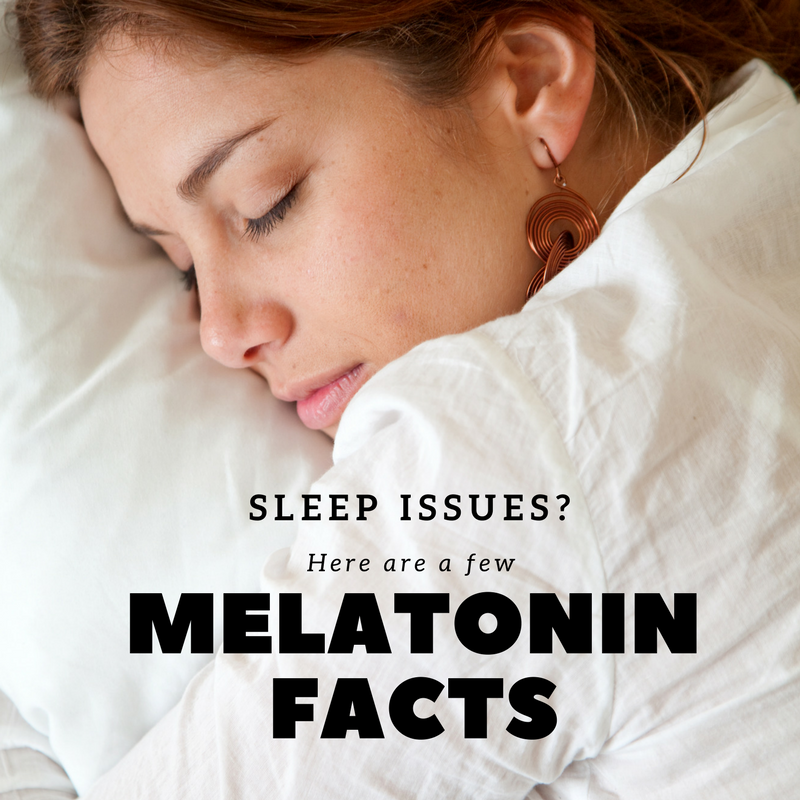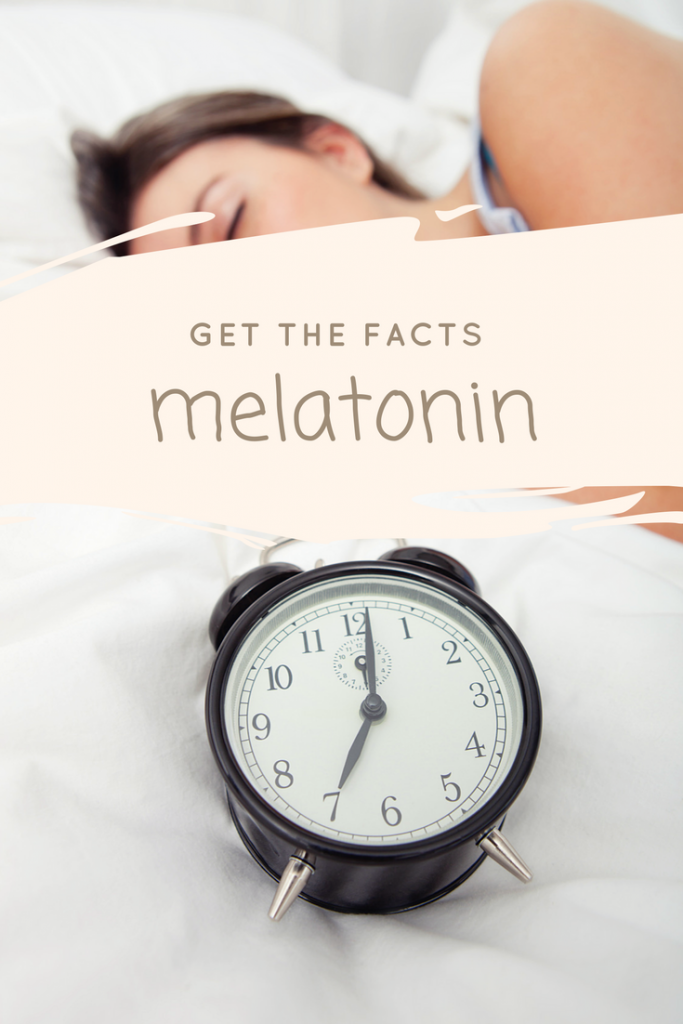
Melatonin Facts – What You Need to Know About This Common Sleep Aid
Melatonin is one of the most common sleep aids to be found. It is readily available as an over-the-counter supplement in almost every pharmacy and big box store that has a pharmacy section. It’s generally considered to be a safe drug since it is actually a pill-form of a naturally occurring hormone produced by the brain.
These melatonin facts will help you to understand a bit more about this common sleep aid. Is melatonin safe for children, for you? Is it even necessary? If it’s not necessary don’t use it and always consult a doctor if you have questions. But, if you struggle with bad sleep, it could be right for you or a family member.
Table of Contents
Our Melatonin Story
My daughter has always had trouble falling asleep. It became such a problem that our doctor recommended she take melatonin to help her get to sleep and stay asleep. With her disability it’s common that sleep disruption is a symptom. My youngest has trouble shutting her brain off and she also has difficulty staying asleep. The sensory part of her FASD (fetal alcohol spectrum disorder ) and SPD (sensory processing disorder) means that she wakes at the lightest noise.
Melatonin has helped her tremendously, and because it’s a completely natural supplement, I feel okay about her taking it. Lets’ take a look at melatonin facts so you can decide if it’s right for you.
Melatonin Facts
Uses
We all know that melatonin is used to help people sleep, but it’s also been used in other areas of medicine, as well. These are the most common uses of melatonin:
- Trouble falling asleep
- Sleep disorders in the blind
- Sleep problems due to sleep-wake cycle disturbances
- Insomnia caused by beta-blockers
- Endometriosis
- High blood pressure
- Insomnia
- Jet lag
- Sunburn (topical)
Side Effects
While melatonin is considered safe, not enough is known about its long-term use to warrant it as safe for pregnant or breast-feeding women. In these cases, it’s better to err on the side of caution. For all others who take melatonin, side effects can include:
- Headache
- Short-term feelings of depression
- Daytime sleepiness
- Dizziness
- Stomach cramps
- Irritability
It’s worth noting that these side effects are generally mild, short-term, and relatively uncommon.
Interactions
As I said, melatonin is generally safe, however, it can interact with some drugs. It’s important to avoid these interactions.
- Sedatives – Melatonin is used to help people fall asleep, so combining it with sedatives can cause too much sleepiness.
- Contraceptive Drugs – Contraceptive drugs appear to cause the body to produce extra melatonin, so combining the supplement with these drugs could cause too much melatonin in the body.
- Caffeine – Melatonin is essentially a natural sedative, so too much caffeine in conjunction with Melatonin can cancel out its effects.
- Luvox – Luvox also appears to increase the body’s melatonin production, which could lead to an overabundance of melatonin in the body when taken with a melatonin supplement.
- Diabetes Drugs – Melatonin has been shown to sometimes increase blood sugar, so those with diabetes and who are taking diabetes medication should use with caution an in conjunction with their doctor.
Before I start getting trolls who argue loudly that I shouldn’t give this to my daughter, I want to state clearly that we tried everything with her. Her sleep was protected. Her routine always taken into account. In fact if you know anything about kids with these two disabilities then you know routine is not optional. We lived for routine for years. We still do. But nobody functions without sleep.
In fact, I wrote about that here for Today’s Parent once.
The Melatonin Facts Can Help You Decide if it’s Right For You
Melatonin has drastically improved the quality of my daughter’s sleep. I used it way back in the 90s when I had some sleep issues from chronic pain. But after having children my only sleep issue was getting enough sleep. We’ve seen no side effects. That being said, it’s important to consult your doctor before taking any supplement or medication – prescription or otherwise. If you’re having trouble sleeping, talk with your doctor and get the melatonin facts straight from the one who knows the most.
This post contains affiliate links at no extra cost to you as a service to my readers. If you make a purchase via one of the ads below then I receive a small commission. My opinion is all my own and it is also truthful.





